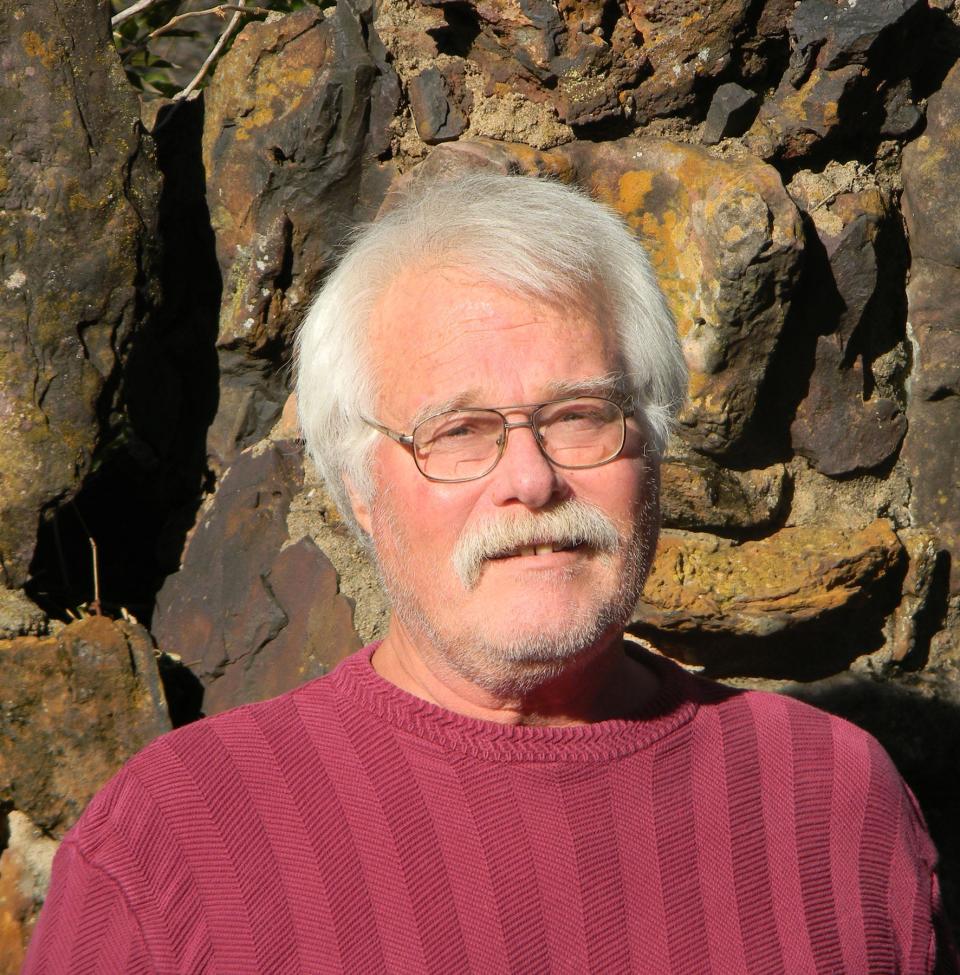Instead of blaming individuals for low 'outcomes,' we must make education a team effort

To make Oklahoma a “Top 10 State,” we must focus on the best of Oklahoma, our neighborliness — not trying to outscore our neighbors. To improve our schools, our children’s future and our democracy, we must build on America’s greatness, not divide and conquer. Our students have suffered through two decades of reward-and-punish corporate school “reforms” that have primarily focused on deficits. Test scores became the ammunition for the winners-and-losers mindset nurtured by the most extreme advocates of school choice. Instead of blaming individuals for low “outcomes,” we must make education a team effort, building on our strengths, school partnerships, and trusting, neighborly values.
Before President Donald Trump was elected, I thought we’d put the bipartisan “teacher wars” behind us. Traditional Republicans, liberal Democrats and, above all, Neo-liberals had said we had no time for the more challenging process of building partnerships for investing in holistic learning in diverse schools. I (a Democrat) often found it easier to get along with Republicans rather than Democrats who disagreed with traditional school advocates, saying our opposition to high stakes testing was due to making “excuses” and having “low expectations.” One reason I had success communicating with Republicans on education was that we shared a distrust of “venture capitalists’” market-driven, top-down mandates. More importantly, we built on the core community values.
More: Readers weighed in on how to make Oklahoma a top 10 state.
When I was invited to join the MAPS for Kids steering committee, I was told that the survival of the Oklahoma City Public Schools system was at stake, and we needed to be completely bipartisan. It was Republicans like Ray and Pat Potts who taught me the importance of high-quality early education and addressing Adverse Childhood Experiences. Later, a team of nonprofits meeting at the United Way office drew on Johns Hopkins’ research to explain why chronic absenteeism and summer learning loss could not be addressed by remediation; children who fell behind needed the same positive experiences that more affluent children had during vacations. Then, it was my neighbors who took us educators and patrons to Tulsa Union to learn how to build full-service community schools.
Early in MAPS for Kids, a top expert from the Chicago Consortium on School Research (CCSR) explained why no school improvement effort had ever succeeded without first building relational trust. Later when Chicago’s Nobel Laureate, James Heckman, who had graduated from Harding High School, delivered the same message, I was surprised how many Chamber of Commerce leaders had tears in their eyes.
Now, I’m shocked that right-wing extremists have rejected the “Oklahoma Standard” and, apparently, many of our most venerable democratic values. Having been mentored by so many people in communities that are now so angry, I’m open to listening to why they support campaigns to undermine trust in government. I hope to converse once again about building on the values we share. We need to relearn, “My opponent is my opponent, not my enemy.” And, I hope we can eventually agree that to become a “Top 10 State,” defending public education is crucial, but protecting our democracy is our No. 1 priority.

John Thompson is a former Oklahoma City Public Schools teacher.
This article originally appeared on Oklahoman: Guest: We must protect public education, defend democracy

